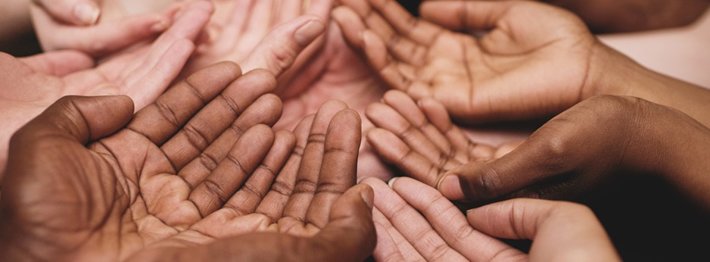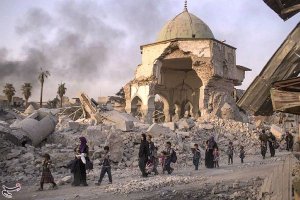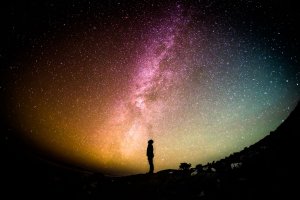While religion has been the crux of many conflicts throughout history, often the discord stems from a lack of understanding.

On UNESCO’s International Day of Living Together in Peace 16 May, we explore if an effort to learn about religions outside one’s own—the history, the beliefs, and practices—would serve to quiet disputes before they spiral into chaos, resulting in the possibility of years of violence to humanity, loss of life, destruction of property, and fractured cultural relations.
Education has always proven a powerful tool, and it’s never been easier to gather crucial information that can help bring practical discernment between two faiths. With more than 4,000 religious practices worldwide and varying methods of indoctrination, the threat of discordance is vast if we fail to recognize that people around the globe find comfort, peace, and purpose in their chosen method of worship.
Worship in community can enhance a grasp of the expectation to adhere to society’s norms, practice lawfulness and exhibit mutual respect for life and property. It can result in healthier relationships and a greater sense of well-being. The ensuing feeling of belonging can bring about increased responsibility for the community, no matter the region, race or vernacular.
One of the most basic constitutional rights in the United States is the First Amendment, the right to worship freely or even choose no religion at all. At the core of that right is that one’s faith is a personal belief, and a practice is often unique in its rituals and ways of worship.
The gift we can take away from exploring this robust global garden of faiths is that each one is somehow fascinating. An obstinate reaction to the existence of religions outside our own robs us of expanding our knowledge of the world around us. Consciousness that is crucial to understanding—something essential to a peaceful existence for all.
_______________
From its beginnings, the Church of Scientology has recognized that freedom of religion is a fundamental human right. In a world where conflicts are often traceable to intolerance of others’ religious beliefs and practices, the Church has, for more than 50 years, made the preservation of religious liberty an overriding concern.
The Church publishes this blog to help create a better understanding of the freedom of religion and belief and provide news on religious freedom and issues affecting this freedom around the world.
The Founder of the Scientology religion is L. Ron Hubbard and Mr. David Miscavige is the religion’s ecclesiastical leader.
For more information visit the Scientology website or Scientology Network.


